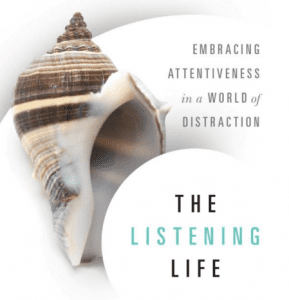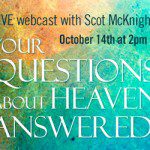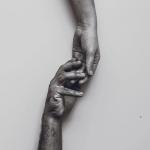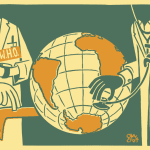 Your image of God shapes how you look at economic issues, and I say this as a result of reading Paul Froese and Christopher Bader, America’s Four Gods: What We Say about God–and What That Says about Us.
Your image of God shapes how you look at economic issues, and I say this as a result of reading Paul Froese and Christopher Bader, America’s Four Gods: What We Say about God–and What That Says about Us. Once again, they have found Americans can be mapped on four views of God: Authoritative, Benevolent, Critical, and Distant.
Americans overwhelmingly think we should help the poor, but how to help the poor varies dramatically, and that how is shaped in part by how one sees God.
An example they focus on is government funding for faith-based initiatives. Thus, those with these views of God believe in govt funding with that percent of support:
Authoritative (47%), Benevolent (25%), Critical (32%), Distant (13%).
Americans with the the lowest incomes have the angriest and most judgmental Gods. Americans who believe in a Distant God make the most money. The lower income people think God is angry with them (they also think God is angry with the wealthy for injustice) but it’s not because God can’t help them — it’s because they don’t deserve it (115). They interpret their financial condition through the lens of their view of God. Critical and Distant types think it’s more up to their own efforts; Authoritative and Benevolent think God is more directly involved in their financial condition.
Those who believe in the Authoritative God think most social problems require religious solutions; those with a less judgmental God tend to think there are secular solutions.What about distribution?
For those who make $35,000 or less … what percent strongly believe government should distribute wealth more evenly?
Authority (23%), Benevolent (28), Critical (23), Distant (35), Atheist (40)
For those who make $100,000 and more:
Authority (5%), Benevolent (12), Critical (9), Distant (9), Atheist (6).















